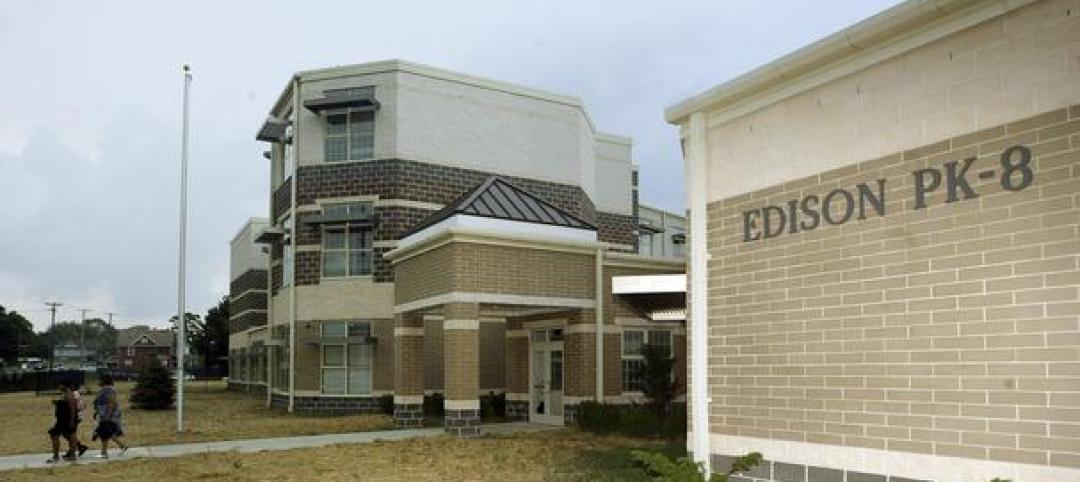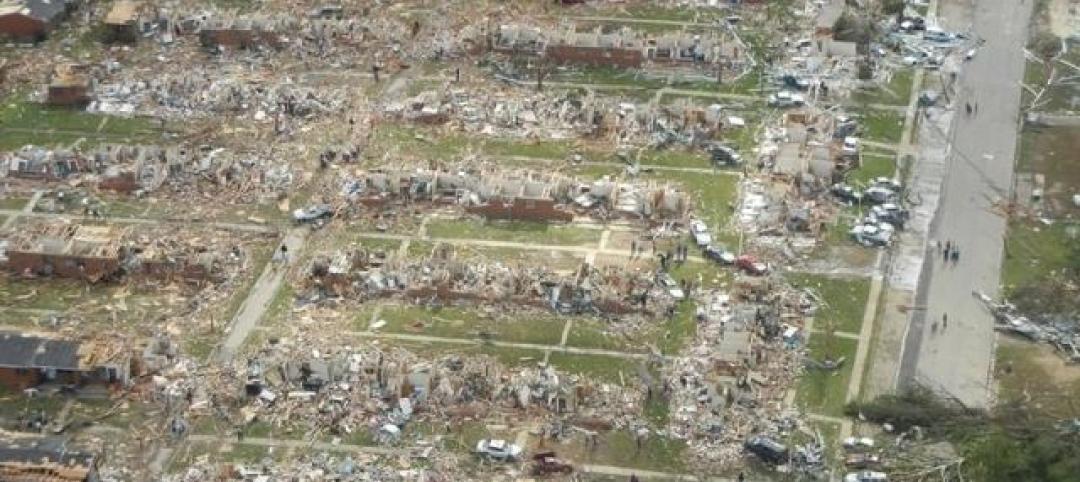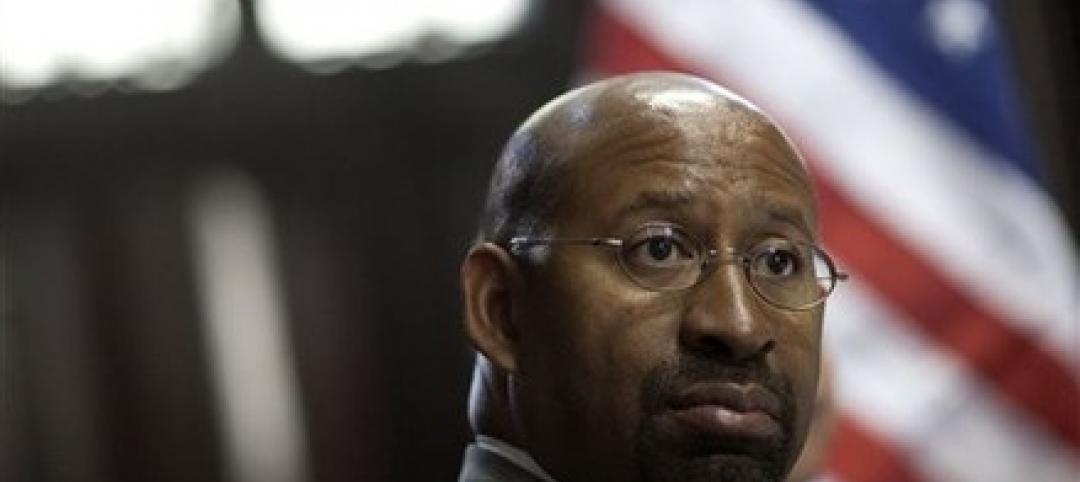The Occupational Safety and Health Administration (OSHA) has clarified employers’ responsibility to track workplace COVID-19 virus infections.
OSHA’s recordkeeping rule requires employers to include in federally mandated logs any work-related illness that leads to a worker missing a day or more on the job or receiving medical treatment more substantial than first-aid. The new guidance says that only employers in the health-care industry, emergency response organizations such as police and fire departments, and correctional institutions will have to determine whether employees contracted the virus on the job.
Construction contractors, manufacturers, and other employers won’t have to make that determination unless there’s “objective evidence that a Covid-19 case may be work-related” and “the evidence was reasonably available to the employer.” OSHA’s new guidance says objective evidence could include “a number of cases developing among workers who work closely together without an alternative explanation.”
OSHA had announced in early March that coronavirus cases would have to be recorded. Industry groups, including construction organizations, said it would be too unwieldy to determine if an employee became sick at a work site or contracted the disease elsewhere.
Related Stories
| Dec 15, 2011
Dayton, Ohio schools saving $2.6 million annually by building to LEED
On average, green schools save about $100,000 a year on operating costs, including energy and water savings.
| Dec 15, 2011
Building to LEED standards can pose new risks for construction workers
Workers on these projects suffer a 24% increase in falls to lower levels during roof work, which researchers attributed to the installation of solar panels, and a few other risks.
| Dec 15, 2011
NRDC charges Maine governor with weakening green wood requirement
The FSC program is administered through the Leadership in Energy and Environmental Design (LEED) and requires wood to be harvested in a sustainable way.
| Dec 15, 2011
Post-tornado, Tuscaloosa seeks to create walkable urban, retail areas
Block sizes initially were limited to a maximum perimeter of 1,750 feet, with no side of the block being longer than 500 feet.
| Dec 15, 2011
Allentown, Pa. city council asked to repeal union-friendly law
The mayor of Allentown, Pa. asked the City Council to repeal a year-old ordinance that forces contractors to hire union workers for large city projects funded with state and federal dollars.
| Dec 13, 2011
LEED-EB outpaces LEED for new construction
The U.S. Green Building Council's (USGBC's) LEED certifications for existing buildings standard is outpacing LEED for new buildings for the first time.
| Dec 13, 2011
Regulators charge pervasive abuse of construction workers in Connecticut
Federal and state regulators say they have uncovered what they call "widespread noncompliance" with minimum wage and overtime laws in Connecticut's construction industry.
| Dec 13, 2011
Philadelphia mayor signs order for project labor agreements
Philadelphia Mayor Michael Nutter signed an executive order establishing project labor agreements for major public works projects in Philadelphia.
| Dec 13, 2011
Improved code requirements for attic ventilation
The Roof Assembly Ventilation Coalition (RAVC) participated in the development of the code.
| Dec 12, 2011
LEED-EB Outpaces LEED for New Construction
The U.S. Green Building Council’s (USGBC’s) LEED certifications for existing buildings standard is outpacing LEED for new buildings for the first time.















